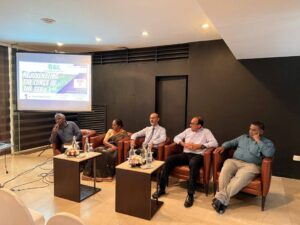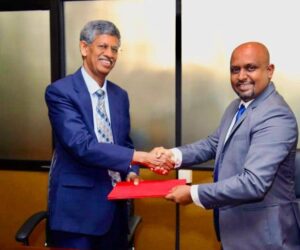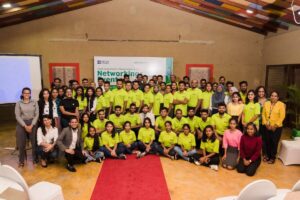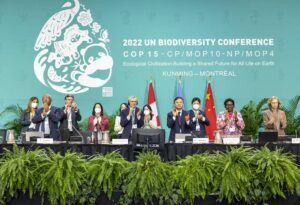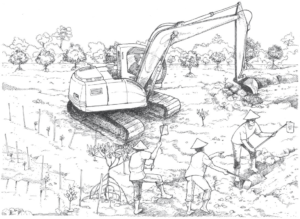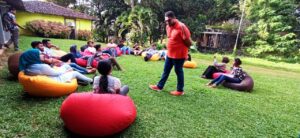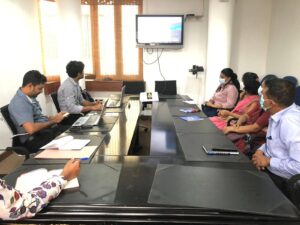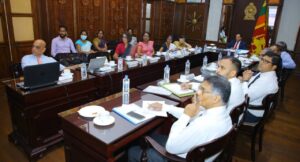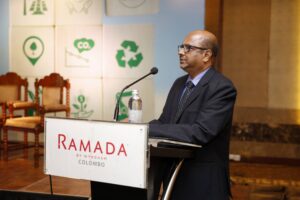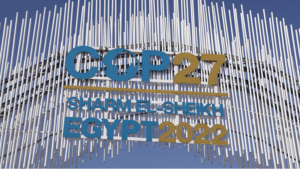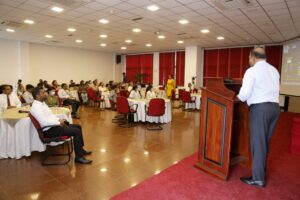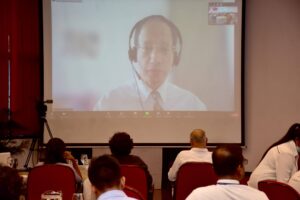with BSL’s Focal Point from Talawakelle Tea Estate PLC, Krishna Ranagala, Manager, Sustainability & Quality Systems Development on the company’s moves towards sustainability in the tea plantation sector and future hopes.
Q: iCan you tell us about your organization?
A: Talawakelle Tea Estates PLC is a Regional Plantation Company, producing some of the finest teas in Sri Lanka. 6,491 hectares of plantations spread across the high grown and Low grown regions of the country, produce 5.93 million kilograms of tea, and accounts for over 2.1% of national tea production. With a portfolio of 16 estates and 14 factories, it ranks at the top for premium tea prices amongst the other plantation companies.
Q: What drives your sustainability agenda and what are the key focus areas?
A: Our company has a deep-rooted legacy in driving sustainable growth. We are a trailblazer within the industry as we lead conversation action on sustainable agriculture practices, conservation of the environment, and human welfare. This culture has been ingrained into the way we function as a result of the Board and senior management, and the remainder of the employees, understanding the need for long-term value created without compromising on the needs of others.
One of the key areas of focus in our sustainability agenda is our people. Our estates employ a workforce of 4,832 and are home to a resident population of over 42,000 people. We heavily invest in ensuring the socioeconomic progression of this entire population.
Given the fact that our business model is heavily dependent on utilizing natural resources, and that our estates are a part of sensitive natural systems, in order to make sure that we are able to continue to create positive gains for ourselves, it’s important that we minimize our negative impact on the natural environment.
Q: Give us an outline of your current sustainability initiatives
A: “Home for Every Plantation worker” is our flagship project for community development. Through this project, for 15 years now, we have driven the socioeconomic progression of our estate community under four pillars. Firstly, we improve their living environment by developing infrastructure facilities including roads, housing, water and sanitation, recreation and learning facilities. The second pillar, community capacity development, is focused on providing financial assistance and strengthening their financial management skills. Thirdly, we raise awareness on nutrition, provide access to better food, and prevent communicable and non-communicable diseases. Lastly, we implement youth development program to build their skills and competencies for them to achieve their life goals and aspirations.
In order to ensure our environmental sustainability, we are focused on converting our business model to one that is low-carbon. To this end, we increase our dependence on renewable forms of energy, with a focus on generation of solar and hydro power. We also undertake the restoration and preservation of ecosystems through dedicated tree planting programs and establishing buffer zones. Through these initiatives, and others, we strive to minimize the negative impacts of our business on the environment, while at the same time, increasing our resilience in facing the threats from environmental phenomenon such as climate change and extreme weather events.
Q: What are your company’s key achievements in the sustainability domain and the reasons behind its success?
A: Under the Home for Every Plantation worker program, in the year 2021/22 alone, we dedicated over Rs. 105 Mn to uplift the quality of life of the local community and ensure better access to facilities. The St. Clair ecosystem restoration project, which is in its third year, has seen a total of 18,138 plants being planted, with a majority of them being native varieties. Our climate action agenda has also marked a significant milestone this year. We are the first company in Sri Lanka to have our GHG emission reduction goals and targets validated and approved by the SBTi. These successes are mainly attributable to the power of our people. Our top management sets the tone for sustainable value creation and provides general strategic oversight. This direction, then trickles down to our people at all levels.
Q: What are the challenges you foresee in driving your sustainability agenda forward in the current, extremely volatile business context?
A: Policy uncertainty is a definite challenge. While we do advocate for measures such as increased worker earnings and organic material sourcing, we believe that such plans should be implemented systematically, and with due care for the concerns of all stakeholders. Otherwise, they result in the opposite of the desired effect. This in turn affects the ability for companies such as ours to contribute to the growth of our dependents as it impedes our own growth.
Sustainability, of course, cannot be achieved alone. A good financial arm is required. Economic indicators such as increasing costs, the forex crisis and interest rates, however, heavily impact our ability to make the financial commitment needed to drive our sustainability agenda forward.
Q: Any interesting future plans
A: In the future, we will continue to work on these initiatives and expand on creating shared value for our people and the environment while sustaining our own growth in the face of growing challenges. We hope to do so by leveraging on our strong systems of management processes.
Q: Have you any messages to our members aspiring to become leaders in Corporate Sustainability?
A: The corporate sector plays a huge role in driving the journey towards a sustainable future. For everyone who aspires to work in corporate sustainability, therefore, there is a vital task at hand. But working for the planet and for the people will bring definite benefits both for the companies we work in and for ourselves. Working in a corporate sustainability role is also sure to bring many challenges from within organizations including cultural challenges and the lack of resources. But as people who are truly committed to transforming the world into a better place, it is important that we remain steadfast and remain true to our own beliefs, and continue to do good.

